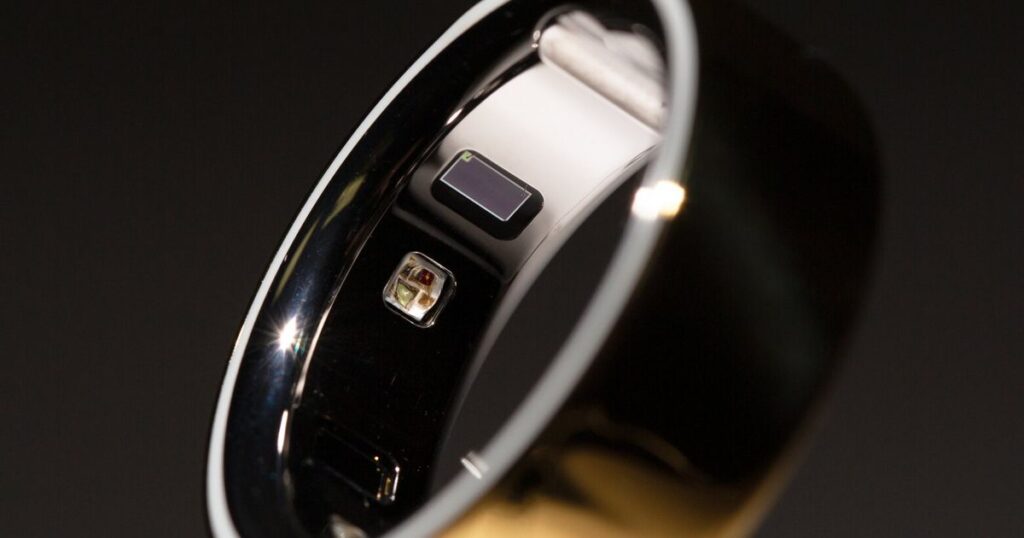Oura Health, the Finnish smart-ring maker, is the latest wearable company seeking to move into blood pressure monitoring.
The startup says it plans to launch a Blood Pressure Profile study later this year, designed to detect early signs of hypertension — or elevated blood pressure — without displaying actual systolic or diastolic readings, as part of efforts to develop a future consumer feature. The study will track users’ data without a traditional cuff and provide information to help users better understand their potential risk levels.
Oura said it received Institutional Review Board approval for the study, launching soon for U.S. users within the Oura Labs section inside of the company’s app. It also plans to engage European regulators in the future.
Hypertension is estimated to affect about 1.3 billion adults worldwide, according to the World Health Organization, and is a major risk factor for stroke, heart attacks and kidney disease — though it can often be managed through lifestyle and medical interventions.
“This study will be used to refine and validate a future feature for submission to the FDA for clearance,” Ricky Bloomfield, Oura’s chief medical officer, said in an interview. “It will explore how Oura can identify early signs of hypertension by passively tracking key signals in the background.”
The announcement comes a few weeks after Apple released a similar hypertension detection system for the Apple Watch. Apple’s tool analyzes data from the device’s heart sensor over a 30-day period to see how blood vessels respond to heartbeats, notifying users if signs of chronic hypertension are detected.
Bloomfield said a ring-style design enables more accurate physiological signal capture, since it sits directly over arteries in the finger.
Whoop Inc., maker of screenless fitness bands, is pushing back on FDA demands to disable its own blood pressure tracking tool. The agency flagged the company’s Whoop MG tracker — MG for “medical grade” — as a medical device that hasn’t received blood pressure certification.
Oura is also rolling out a new chronic stress feature that tracks how users respond to stress over time, looking at factors like sleep continuity, heart stress response, sleep micromotions and temperature regulation.
©2025 Bloomberg L.P.

